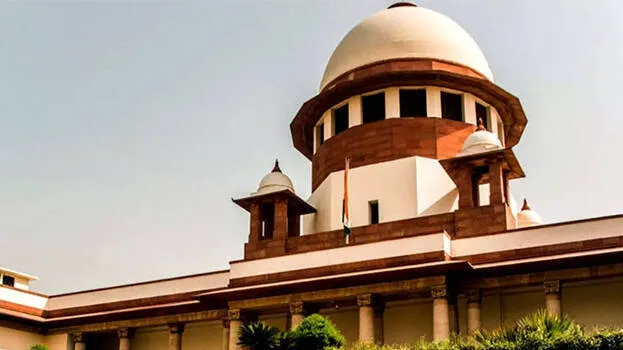

NEW DELHI: The Supreme Court has referred the interim petition filed by Kerala for additional borrowing to solve the financial crisis to the Constitution Bench. Article 293 of the Constitution deals with the borrowing limit of states. A two-member bench of the Supreme Court, comprising Justices Surya Kant and K V Viswanathan, stated that this aspect has not yet been adjudicated upon in the court and is therefore being referred to the Constitution Bench.
Kerala has filed an interim petition in the Supreme Court, challenging several issues raised by the Centre. These include the contention that the loans taken by Kerala through KIIFB should be considered under the borrowing limit and that the methodology employed by the Finance Commission to determine the loan limit is incorrect. The Supreme Court has entrusted Kerala's plea to a five-judge bench of the Constitution, as the matter pertains to the relationship between the central and state governments, significantly impacting constitutional matters. The Constitution Bench will deliberate on the permissible borrowing limits for each state.
During the Finance Commission period, Kerala's borrowing limit was reduced to 21,000 crores, with criticism directed at the excessive amounts sanctioned during the 14th Finance Commission recommendation period. Kerala urgently demanded an allocation of 10,000 crores to cover expenses including pensions. However, the Supreme Court rejected this demand, noting that Kerala had already borrowed Rs 13,608 crores in the previous financial year. The Court cautioned that if the state exceeds its borrowing capacity, the Centre may reduce borrowing limits in subsequent years.
Previously, the Left criticized the central government for initially setting Kerala's borrowing limit at 32,422 crores, only to later permit borrowing up to 15,390 crores. The Supreme Court urged negotiations between Kerala and the Centre on the matters raised in Kerala's petition. However, with no visible resolution, the case was brought before the court today and subsequently referred to the Constitution Bench for further consideration.
